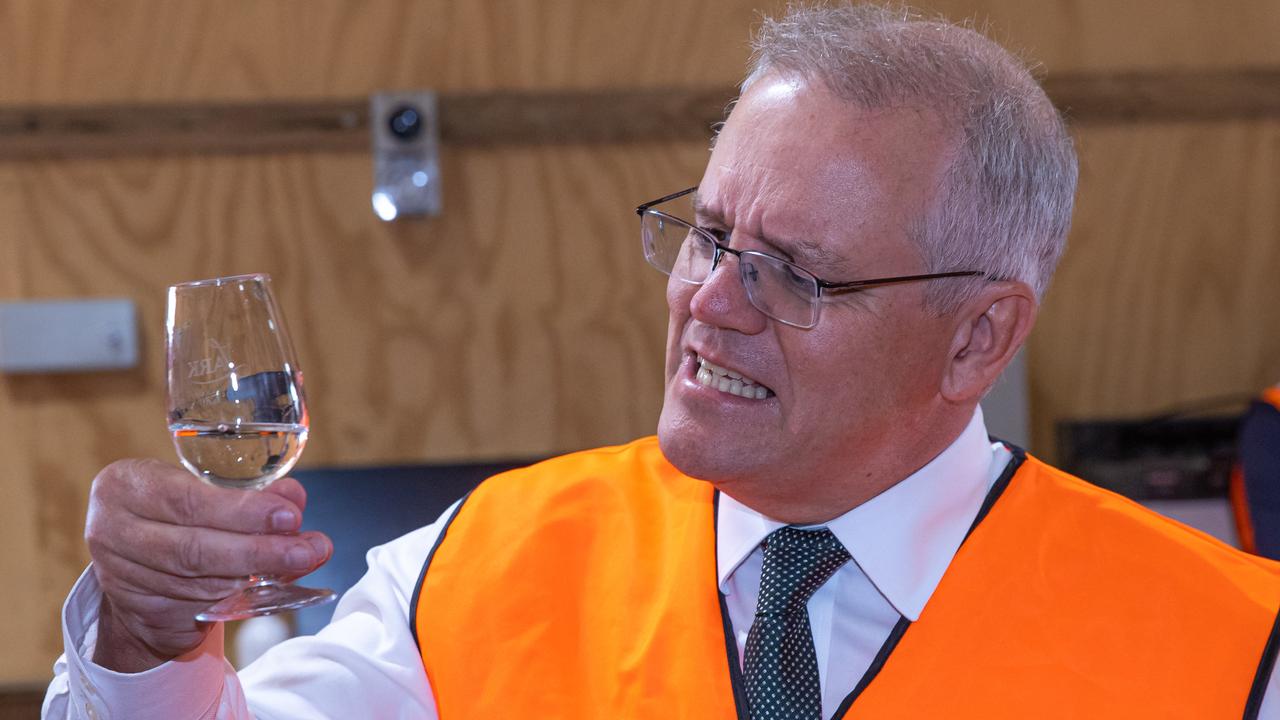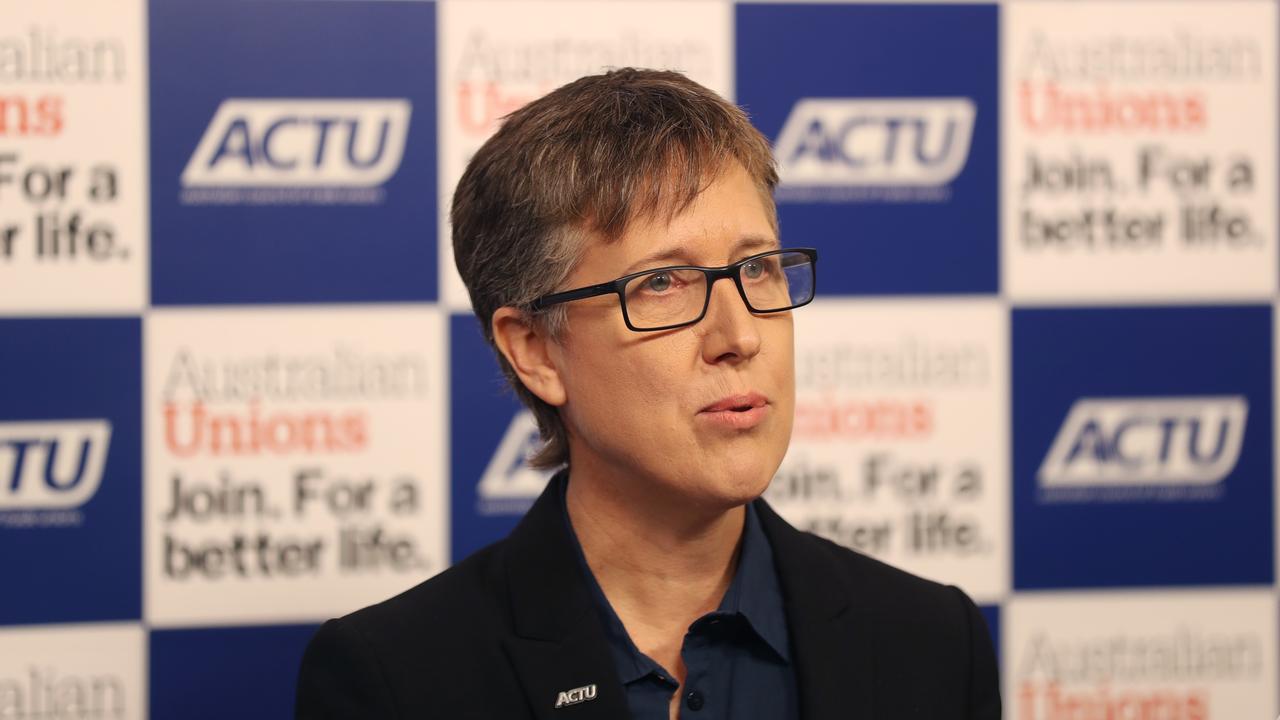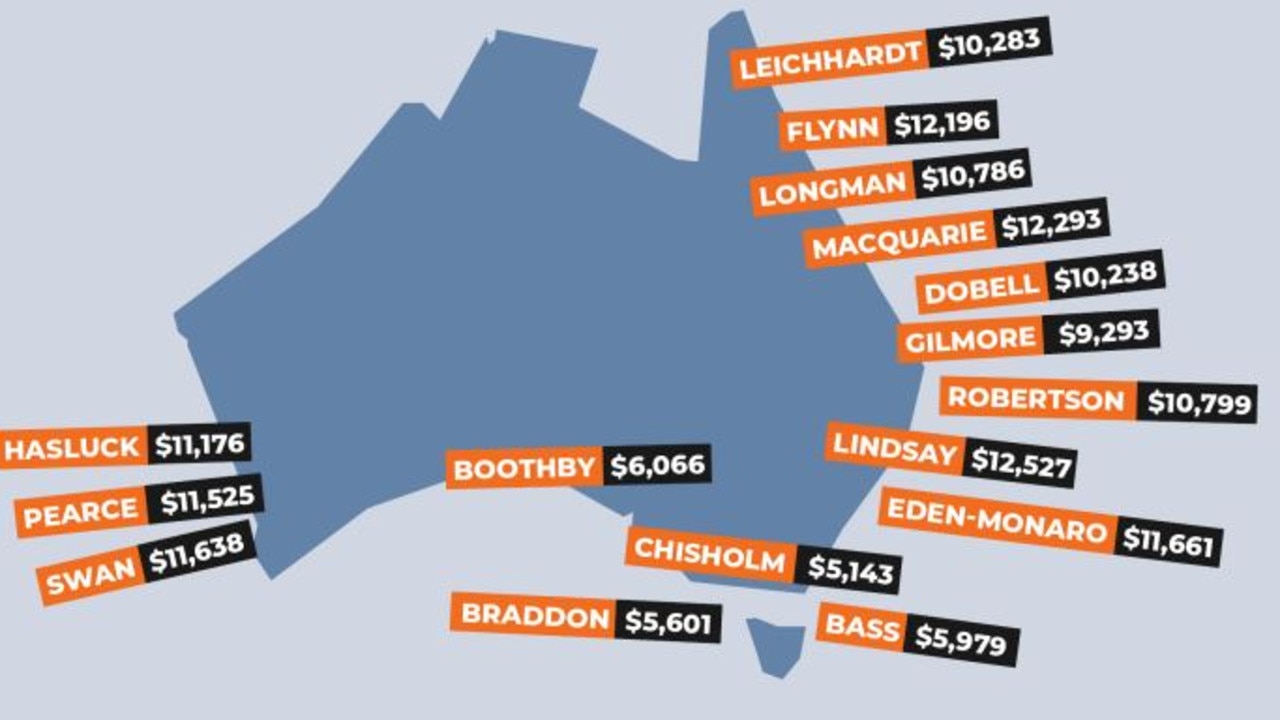ACTU says average Australian has lost out on $10,000 in wages since 2013
A startling new report claims the Morrison government oversaw an economy that left the average Australian $10,000 worse off.
The average Australian worker has been cheated out of $10,000 over the past decade because wages haven’t kept up with productivity gains, a new report argues.
The Australian Council of Trade Unions blames the Federal Coalition in a blistering new report, titled “Morrison missing in action on wages”.
It said workers had become 10.3 per cent more productive during the Coalition’s time in government, churning out goods and services at a faster rate than before.
But the fruits of their labour ended up as company profits instead of increasing salaries, which the ACTU claimed was a deliberate outcome of the government’s economic policies.
“If real wages had kept pace with productivity since 2013, the average worker would be $10,000 better off,” the ACTU said.

The report said productivity had grown six times faster than real private sector wages, which increased by 1.6 per cent.
The union peak body calculated that Australians had lost out on nearly $2000 so far in 2022.
The same workers would be earning another $74 per week in today’s wages if salaries had reflected increases in productivity since 2013 when the Coalition came to power.
The startling figures come after inflation recently hit 5.1 per cent, dwarfing wage growth that sits at 2.3 per cent.

Productivity was defined as the ability of workers and businesses to produce goods and services.
The report said workers would have pocketed $3868 in the last 12 months alone if wages had kept up with productivity growth.
The report pointed to several actions it said the Coalition had taken to exacerbate the problem.
Those included promoting insecure work, opposing real wage rises in the annual wage review, capping public sector pay rises and failing to plug the gender wage gap.
The report also said the Coalition had “allowed wage theft,” used legal “loopholes” to circumvent enterprise bargaining agreements and tried to remove the better off overall test – or BOOT – in collective bargaining.

ACTU secretary Sally McManus argued the government had “deliberately” suppressed wages by its policies.
“Productivity increasing means that workers have found more efficient ways to do their jobs,” she said.
“But without pay increases at the same rate as productivity increases, the increased profit generated by the productivity gains that working people have made go directly to their employers.
“Pay should always increase alongside any increases in productivity to ensure that working people maintain an equal share of profits.”
Ms McManus said record-low wage growth under the Coalition could have been avoided if the Prime Minister did more to support wage rises.
“Every time workers have tried to get pay increases, whether it be the annual wage review, aged care workers or their own workers, this government has acted to keep wage growth down,” she said.
“Scott Morrison refuses to do the work to close the loopholes that have seen the continual growth of insecure work. This has had a huge impact on workers’ bargaining power.”



